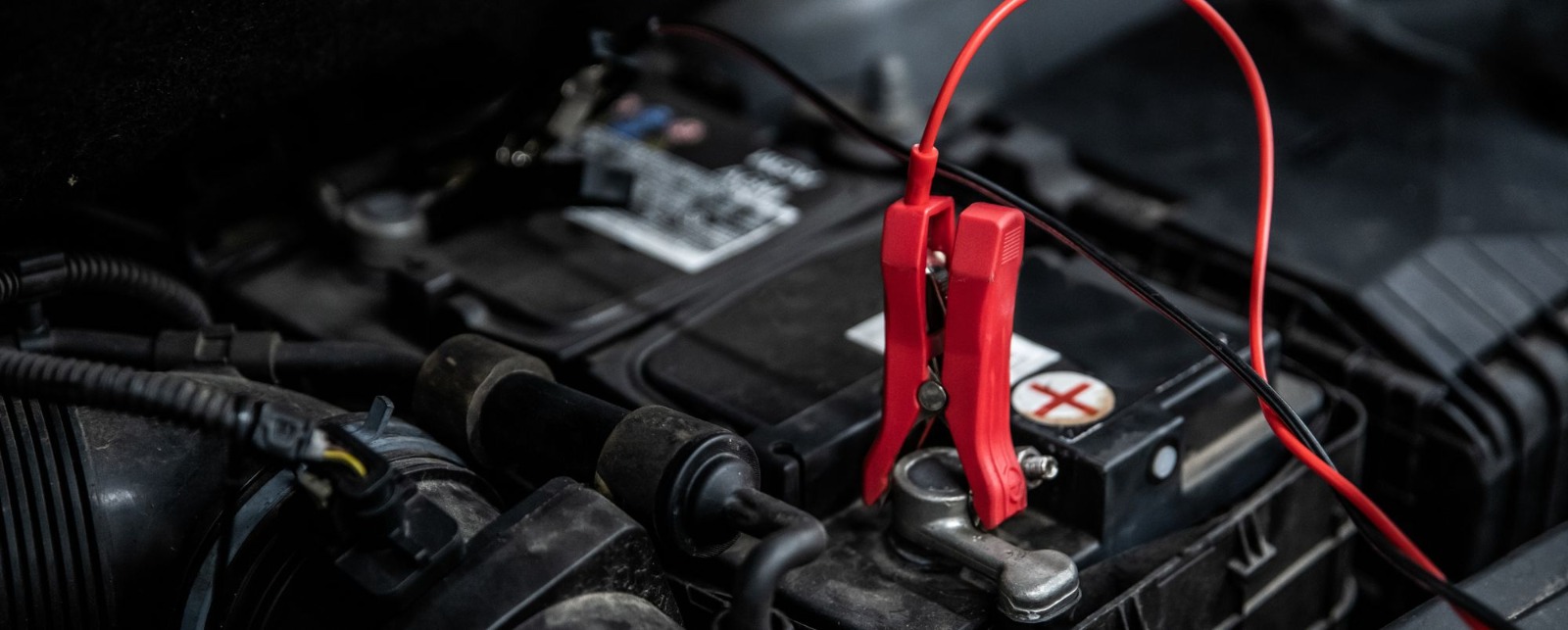As technology continues to evolve, so does the demand for efficient, long-lasting, and reliable power sources. Whether you’re powering electric vehicles, storing solar energy, or using portable electronics, selecting the best lithium battery is essential for maximizing performance and longevity. In 2025, with innovations accelerating across energy storage sectors, making an informed decision on lithium batteries requires more than just checking specifications — it involves understanding chemistry, lifecycle, safety, and use-case compatibility.
Understanding Lithium Battery Technology
What is a Lithium Battery?
A lithium battery is a rechargeable energy storage device that uses lithium ions as the primary component of its electrochemistry. These batteries have gained popularity due to their high energy density, low self-discharge rate, and long lifecycle, making them ideal for applications ranging from smartphones to electric vehicles and renewable energy storage systems.
Types of Lithium Batteries
Different lithium chemistries serve different purposes. Choosing the best lithium battery starts with knowing the type that fits your need:
- Lithium Iron Phosphate (LiFePO4): Known for safety, thermal stability, and long cycle life. Ideal for solar energy storage and industrial use.
- Lithium Nickel Manganese Cobalt Oxide (NMC): Offers a balanced performance with good capacity and lifespan. Common in EVs.
- Lithium Cobalt Oxide (LCO): High energy density, often used in smartphones and laptops.
- Lithium Titanate (LTO): Extremely fast charging with extended cycle life, suitable for heavy-duty industrial operations.
Key Factors to Consider When Choosing the Best Lithium Battery
1. Energy Density and Capacity
When selecting the best lithium battery, consider how much energy it can store relative to its size and weight. Applications such as drones or portable medical devices benefit from higher energy density to maximize portability.
2. Cycle Life and Durability
The number of charge-discharge cycles a battery can handle directly affects its lifespan. If you’re installing a battery in a solar system or backup power unit, opting for a longer cycle life ensures better return on investment.
3. Charging Speed
Some lithium batteries can be charged quickly without affecting their lifespan. This feature is crucial in electric vehicles and emergency power backups where downtime must be minimal.
4. Temperature Tolerance
If your battery will operate in extreme temperatures, make sure it has thermal management or is designed for high heat resistance. The best lithium battery will remain stable and efficient even in fluctuating climates.
5. Safety Features
High-quality lithium batteries incorporate safety mechanisms like overcharge protection, short-circuit resistance, and thermal cutoffs. Look for certifications such as UL, CE, or ISO to ensure the product meets global safety standards.
6. Environmental Impact
Eco-conscious consumers are increasingly looking for sustainable energy solutions. The best lithium battery manufacturers are now focusing on recyclable materials and lower environmental impact during production.
Top Use Cases for the Best Lithium Battery
Residential Energy Storage
Homeowners adopting solar systems need reliable storage solutions. Lithium Iron Phosphate (LiFePO4) is frequently chosen for its stability and safety, ensuring uninterrupted power during grid outages.
Electric Vehicles (EVs)
NMC and NCA (Nickel Cobalt Aluminum Oxide) batteries dominate the EV sector, offering high energy density and fast charge capabilities. The best lithium battery for EVs balances range, weight, cost, and lifespan.
Portable Electronics
For phones, tablets, and laptops, compact LCO batteries provide the necessary energy density in small sizes. The best lithium battery in this category supports extended usage without rapid degradation.
Industrial Equipment
From forklifts to off-grid installations, rugged lithium battery solutions with high discharge rates and long cycles support demanding industrial use.
Marine and RV Applications
Boaters and RV owners require reliable and lightweight power sources. Lithium batteries offer better performance than traditional lead-acid systems, with faster charging and greater efficiency.
The Best Lithium Battery Brands to Watch in 2025
MANLY Battery
With a strong foothold in the Australian and international markets, MANLY Battery delivers consistent performance, innovation, and value. Known for its durable and high-performance LiFePO4 products, it’s one of the best lithium battery suppliers for industrial and renewable energy use.
Tesla
Tesla’s Powerwall remains a benchmark in residential storage. The company’s investment in battery innovation, particularly with 4680 cell development, places it among the top contenders for the best lithium battery in home and EV applications.
LG Energy Solution
Renowned for consumer electronics and EV battery packs, LG continues to push boundaries in lithium technology with safe, long-lasting, and efficient options.
CATL
This Chinese giant supplies major EV brands globally. Their focus on energy density and cost reduction makes them a major player in the race to provide the best lithium battery for transportation.
Panasonic
A close partner of Tesla, Panasonic’s batteries offer excellent thermal stability and lifespan, crucial in performance-demanding environments.
BYD
BYD, both a car and battery manufacturer, has developed in-house lithium solutions for EVs and energy storage, offering reliable performance and sustainable production.
Evaluating Cost vs Performance
Why Cheapest Isn’t Always Best
While budget constraints are real, selecting a cheaper battery often results in reduced lifespan or compromised safety. The best lithium battery offers a balanced cost-to-performance ratio, backed by warranties and certifications.
Long-Term Value
Investing in a premium lithium battery can significantly lower replacement costs and reduce downtime. Look at the total cost of ownership (TCO) over 5-10 years rather than just upfront pricing.
Installation and Maintenance Considerations
Professional Installation
Many lithium batteries require integration with inverters, monitoring systems, or thermal controls. Working with certified professionals ensures optimal setup and performance.
Maintenance Tips
- Keep batteries in well-ventilated areas.
- Monitor temperature and voltage levels.
- Use recommended chargers and settings.
- Regularly update firmware for smart battery management systems.
Future Trends in Lithium Battery Technology
Solid-State Lithium Batteries
Replacing liquid electrolytes with solid ones, these batteries promise greater energy density, safety, and faster charging. The best lithium battery in the near future might be solid-state powered.
Battery Recycling and Reuse
As sustainability becomes critical, manufacturers are developing programs for battery recycling and second-life usage. Expect to see expanded efforts toward circular energy systems.
AI-Driven Battery Management
Advanced BMS using artificial intelligence can predict battery failures, optimize charging, and extend lifespan—especially useful in commercial and grid-scale systems.
Increased Range in EV Batteries
New chemistries and structural designs are improving range in electric vehicles. Brands working with silicon anodes and cobalt-free compositions are leading this change.
How to Identify a Reliable Lithium Battery Supplier
Certification and Testing
Ensure the supplier complies with safety and quality standards such as IEC, UN38.3, and RoHS. Reputable brands transparently publish testing data.
Technical Support and Warranty
The best lithium battery providers offer post-sale support, installation assistance, and multi-year warranties that demonstrate confidence in their products.
Customer Reviews and Industry Reputation
Explore user feedback, industry case studies, and expert reviews. Consistent performance across applications is a strong indicator of product reliability.
Supply Chain Transparency
Trusted manufacturers disclose sourcing information, especially concerning lithium and cobalt. Ethical sourcing has become a key factor in battery selection.
Conclusion: Making the Right Choice in 2025
Choosing the best lithium battery in 2025 depends on your application, budget, and long-term goals. From residential energy storage to electric transportation and industrial use, the market offers diverse and high-performing options. Brands like MANLY Battery, Tesla, and CATL are setting benchmarks in efficiency, safety, and innovation.
By considering energy density, cycle life, safety features, and certifications, consumers can confidently invest in a solution that meets today’s needs and tomorrow’s expectations. Whether you’re going off-grid, upgrading an EV, or seeking backup power, the best lithium battery will provide unmatched performance, sustainability, and peace of mind in the years ahead.



